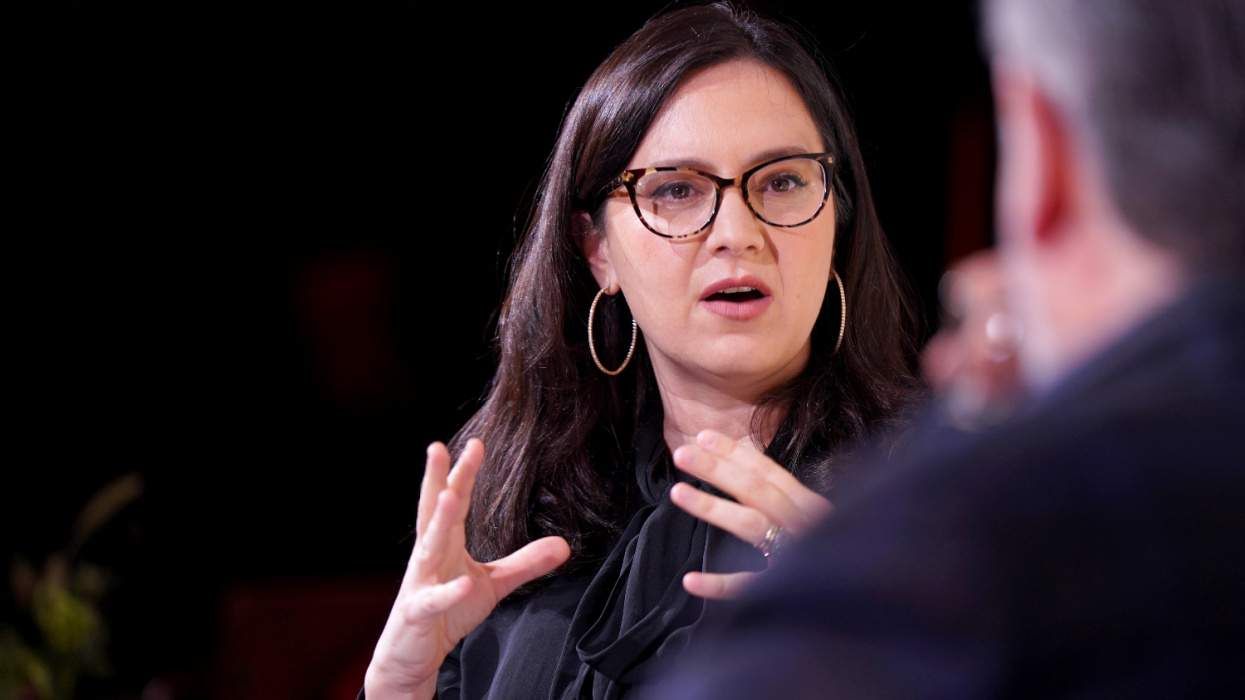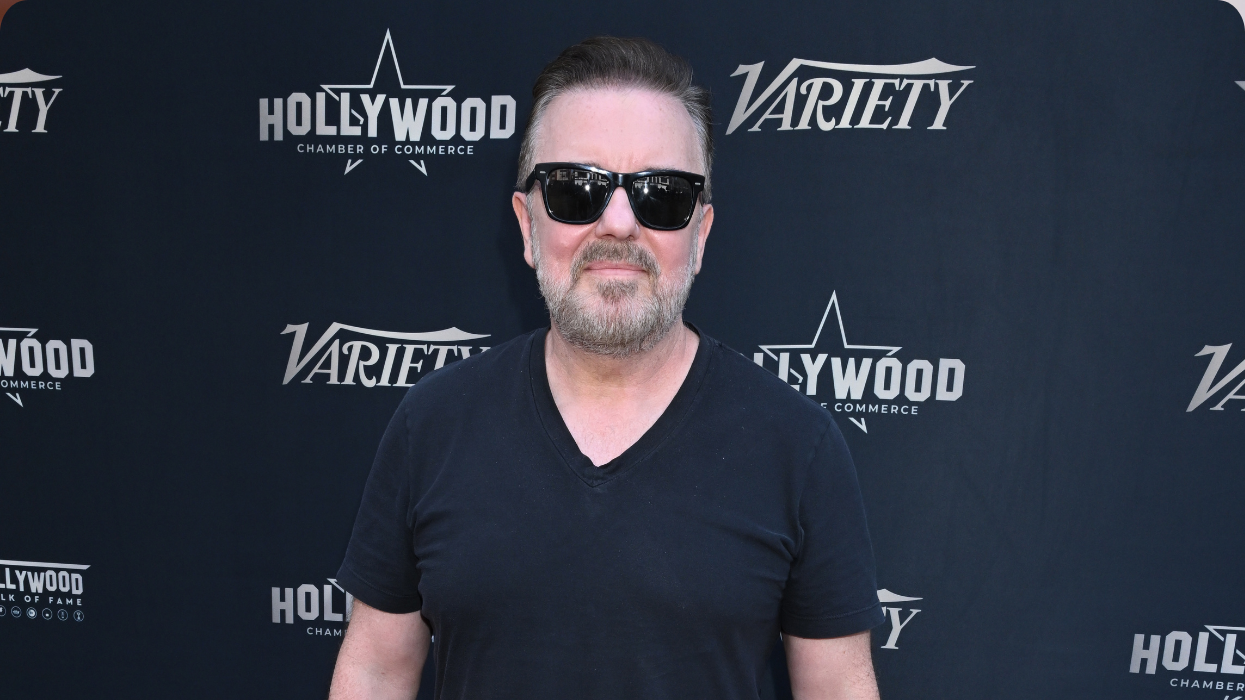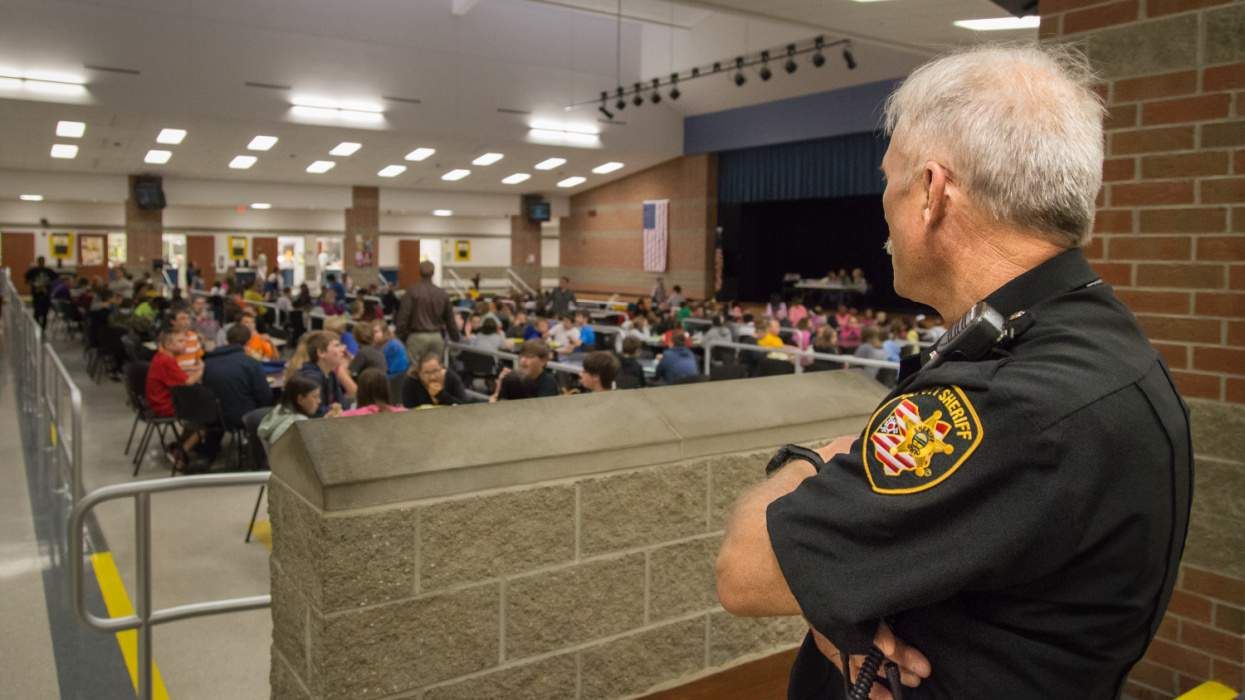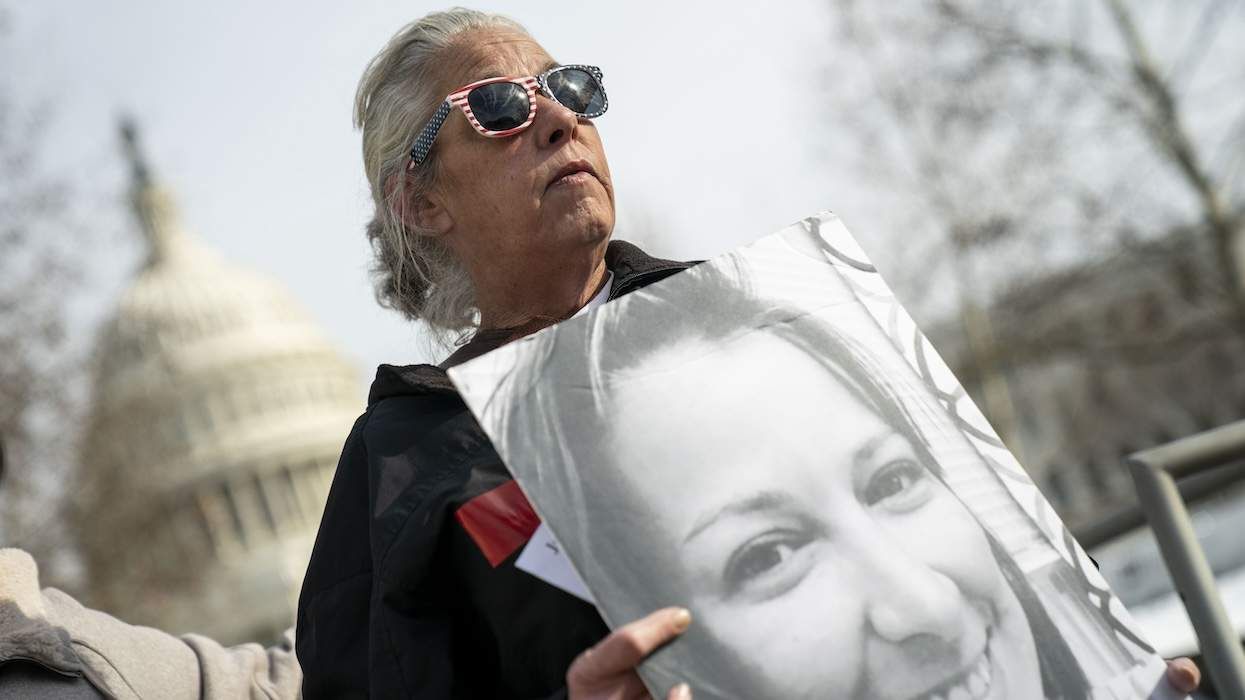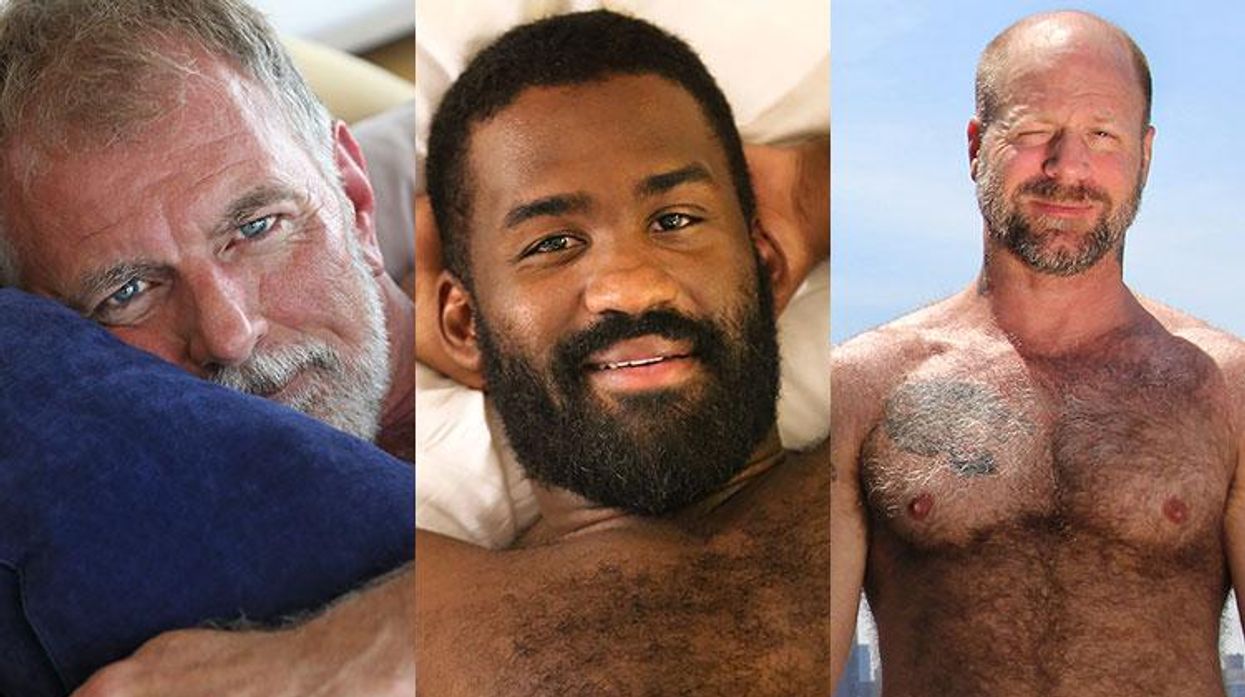In May of this year, Richard Brown died after serving 28 years as Queens district attorney. During his long and controversial tenure, Brown and his team's "tough on crime" approach divided the city of New York.
Having taken office at the height of the crack epidemic, Brown spearheaded approaches that devastated generations of Black and Brown folks to this day -- favoring aggressive punishments for minor crimes, like low-level marijuana offenses, which continue to rip families apart and leave little wiggle room for poor communities to flourish.
But the borough of Queens is a special kind of beast, especially since many of its young residents have grown up knowing nothing else except Brown's crime punishment model, which continues to be practiced more so than in any other borough. As reported in the The New York Times, Queens prosecutors are said to "regularly press defendants to accept plea deals before they have been indicted and can see the evidence against them."
And Queens has no dedicated unit to address wrongful convictions, despite that racial disparities in prosecutions are abnormally high in the borough.
But one woman plans on changing that. And her borough seems ready for it.
Thirty-one-year-old Tiffany Caban, a queer public defender from Queens, is one of seven Democrats who will be competing in Tuesday's primary for Brown's old seat. And the fact that she's the only person on the ticket who's been a public defender gives her a unique perspective on how the criminal justice system treats the most vulnerable people.
"Finally, people are talking about and acknowledging that ours is a system of mass incarceration," she tells The Advocate. "Ours is a system where we feed into a prison-industrial complex that literally is a business profiting off of raping our Black and Brown, low-income, immigrant, and LGBTQ communities. That has to stop."
It's a tight race, no doubt, and Caban knows she's up against a political system she's hoping to smash down.
In the last few months, the help of grassroots organizers has propelled Caban forward -- leading with her ideas and experience uplifting the community and fighting for justice, rather than her lack of managerial experience, which has been the top criticism from her opponents.
Since entering the race, Caban has been endorsed by New York Congresswoman Alexandria Ocasio-Cortez and Democratic presidential candidates Sens. Elizabeth Warren and Bernie Sanders -- all of whom have refused to accept corporate dollars.
And if she wins, she's likely to face hostility from judges, prosecutors, and law enforcement. Given her powerful message to restructure prosecutions of minor crimes and instead focus on building community alternatives (like counseling), it's clear she's going to have to equip herself with a stellar team. But she's well prepared.
Other candidates include Greg Lasak, a retired judge who also worked in the district attorney's office for many years and has supervised over 2,500 murder cases, according to his campaign website. He's received the endorsement of the New York Daily News, which notes that he's freed "more than 20 men who were wrongly convicted." And while his campaign website speaks on his decades' worth of experience, it hardly mentions his plans on community rehabilitation or his plans on prosecuting low-level crimes, like marijuana, which could be a reflection on his reluctance for progress.
Another candidate, Melinda Katz, the Queens borough president who's been endorsed by Gov. Andrew Cuomo, has no experience as a prosecutor, nor in criminal law. However, she has specific plans. When it comes to low-level prosecutions, her campaign website says she will "refuse to prosecute low-level marijuana arrests within Queens and will instead urge the legislature to legalize adult recreational cannabis and expunge all convictions for past arrests."
Caban believes she has the knowledge of how to push Queens forward. For the first time in decades, the borough has a very competitive race. And at the end of the day, the people will have to decide who is likely to deliver a positive change in how criminal cases are prosecuted, replacing Brown's decades-long model.
"We need new reforms, a new way of thinking about prosecuting," she says. "They're the things that we fight for every single day on the front lines in court," she continues.
While resistance is imminent from those who work in the court system, she's well equipped on what to expect. "When we get in, there's going to be three types of people," she explains. "There's going to be people who went in wanting to do good work and realized the system didn't allow them to. There are going to be people there who are resistant to change, but they're going to come around."
"Then, there's just going to be people who will not get on board and they will not stay," she continues.
If she wins, her first act will be to make sure the system she hopes to change from within begins to look like the community that needs the change most -- a change inspired by her own experiences.
"I always say there's a reason why as a queer Latina from a low-income community that I became a public defender, and not a prosecutor," she tells The Advocate. "It's because I didn't see that as an office I could work in that would be helping my community rather than harming it."
She also plans on building a community hearing committee, consisting of experts in different fields -- like formerly incarcerated folks, educators, social workers, former prosecutors and defense attorneys -- that will offer insight on how to build a better criminal justice strategy. That's crucial, she says, "to help us institute these changes."
It's clear Caban will undoubtedly represent the vast majority of the people in her district -- something she understands is vital.
"Having this campaign experience as a woman, as a woman of color, as a career woman, there are all of these outside pressures about what 'You are supposed to be' that I think white cisgender men don't deal with in these spaces. Sometimes that is enough, I think, to discourage folks from entering this kind of space, because it can be really hard."
Caban is part of a new wave of progressive Democrats in New York City, which, as the Times points out, began when former Brooklyn district attorney Ken Thompson, who died in 2016, was one of the first prosecutors to make real progress toward ending prosecution for low-level marijuana offenses and reviewing convictions that occurred under his predecessor.
For Queens, however, it's been a slow burn. While it's seen a drastic decline of crime since the 1990s, it still has pockets of crime, such as the 110th Precinct, which has seen a high number of rapes and robberies in recent years.
Caban believes she's the one who can change Queens, and she refuses to back down. "I'm a Queens girl. I grew up in Queens; I live in Queens. Queens is where it's at right now in terms of just knowing that anything is possible."
And voters are certainly paying attention, but no matter how many TV appearances the seven candidates may give, there's one factor that will make or break this entire election: turnout.
"There's probably going to be somewhere around 100,000 votes in this election," Scott Levenson, president and founder of the political consulting firm the Advance Group, told City and State New York.
"It's going to be all about which one has done the best job identifying their supporters and which one can get them out to vote," Levenson said. "That turnout will be driven by organization and energy."



